Critical Issues and Management Strategies for Slope Stability and Infiltration Settlement
Time:2023-09-21From:sinorock View:
As an important branch of geotechnical engineering, slope engineering is divided into natural slopes and artificially filled slopes. The riffle slopes are washed and worn by nature for a long time, and the influence on the construction project is insignificant, but the stability of the slopes after excavation needs special attention; the man-made fill slopes will have obvious settlement, which in turn will have an influence on the construction project. Therefore, settlement and stability are the most important indicators in filled slopes.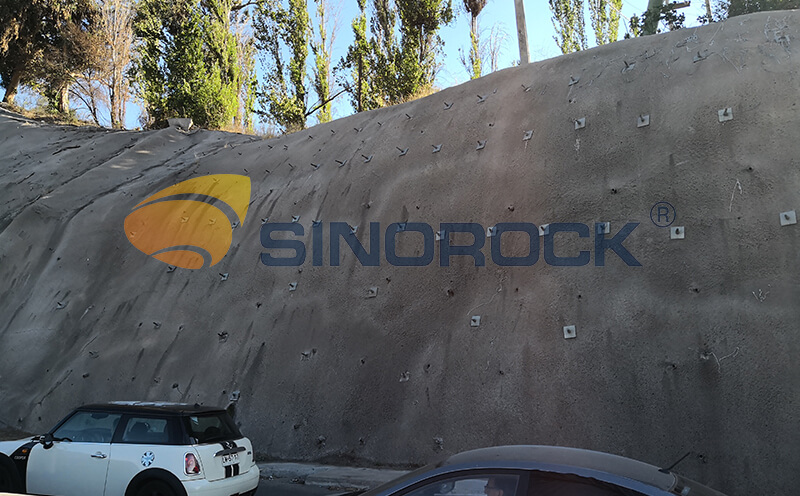
I. Overview of geotechnical engineering problems
Geotechnical body engineering problems mainly refer to the infiltration, strength and deformation problems occurring under different spatial and temporal conditions in multiphase bodies composed of soil, rock and other discontinuous media. Geotechnical body by the development of joints and fissures, or by loose particles and other discontinuous media composed of discontinuities, composed of different proportions and different interactions of solid, liquid, gas multi-phase and multi-phase, as well as geotechnical body properties with time, space and constantly changing the formation of the time effect of variability. These discontinuities, multiphase and variability of geotechnical bodies make geotechnical engineering problems complex and diverse. Among them, the problems of infiltration, strength and deformation are particularly prominent, thus becoming the direct research and management objects of geotechnical engineering and disaster engineering.
II. Infiltration, strength and deformation effects on stability and infiltration settlement of soil slopes
1. Strength of soil body
The strength of the soil body mainly involves the friction and cohesion between particles. When the water content of the geotechnical body increases, water enters the interstices of the soil particles to play a lubricating role, resulting in a weakening of the friction between the particles, and at the same time weakening the matrix adsorption between the particles, electrostatic gravitational force, van der Waals force, mineral cementation, and so on, which reduces the strength of the soil body. Therefore, water intrusion can cause soil settlement and stability problems.
2. Soil infiltration
Soil infiltration involves the movement of water in the soil body, including surface water infiltration and groundwater leakage. Surface water infiltration will cause an increase in the water content of the soil body, thus affecting the strength and stability of the soil body; groundwater leakage will lead to hydrostatic pressure or hydrodynamic pressure in the soil body, thus affecting the stability of soil slopes. In addition, soil infiltration will also produce a certain dilution effect on the soil itself, which will lead to the deformation of the soil slope.
3. Soil deformation
Soil deformation mainly includes contraction, expansion, creep and so on. The process of water-soil interaction will lead to contraction or expansion of the soil body, which in turn will cause soil deformation and stability problems. In addition, due to the role of internal forces in the soil body, the soil body may undergo creep, which affects the stability and infiltration settlement of soil slopes.

III. Strategies for managing soil slopes
Aiming at the stability of soil slope and infiltration and settlement problems, in the treatment should implement the "Early treatment and Treat water before treating slopes" concept, while combining with anchor support to achieve the stability of soil slopes.
1. Early treatment
Treatment of soil slopes needs to find the problem in time and deal with it. This can avoid further deterioration of soil slope and reduce the cost of treatment.
2. Treat water before treating slopes
By setting up reasonable drainage facilities, it can reduce surface water infiltration into the slope, effectively reduce the negative impact of hydrostatic pressure or dynamic water pressure on the slope, thus improving the stability and deformation resistance of the slope.
3. Anchor bar support
Reasonable use of anchor bar support technology can effectively prevent soil sliding and soil deformation, improve the stability of soil slope.
4. Reasonable control of filling rate and soil consolidation relationship
For the filling body of coarse-grained soil, especially for the rock-filled roadbed with good lithology, the proportion of its instantaneous settlement will be relatively large, so the reasonable control of the filling rate can ensure the stability and settlement of the slope. For the filling body of fine-grained soil, because the proportion of transient settlement is relatively small, more in the additional stress under the action of drainage consolidation and effective stress to improve the role of the main consolidation settlement, and this settlement requires a longer time to complete, so in the management of the need to reasonably control the filling rate and soil consolidation of the relationship between the fill rate to prevent filling rate is too fast to form the overburden pressure is too large and the role of the super hydrostatic pressure lead to Slope destabilization phenomenon. This is the reason for the reasonable use of infiltration consolidation.
IV. Conclusion
The management of soil slopes is a complex process involving several engineering problems. Only by deeply understanding the influence of infiltration, strength and deformation on the stability and infiltration and settlement of soil slopes, and adopting a series of targeted management measures, can the stability and safety of soil slopes be ensured.
Sinorock is a professional self-drilling anchor bolt manufacturer and has years of experience in slope stability, foundation support, and underground engineering. If you have any questions, welcome contact us sinorock@sinorockco.com.
latest news
-
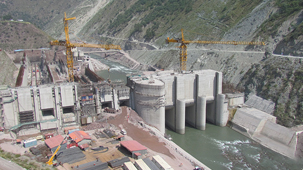
- What Are the Applications of SDA Bolts in Hydropower Stations?
- Time:2025-08-21From:This Site
- Learn how self-drilling anchor bolts enhance slope stability, tunnel support, and dam reinforcement in complex geological conditions at hydropower stations. Optimize hydropower projects with efficient, cost-effective, and eco-friendly solutions.
- View details
-
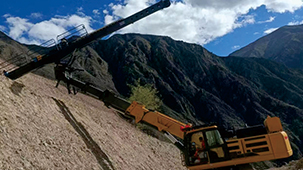
- Slope Stabilization with SDA Bolts: Benefits & Applications
- Time:2025-08-19From:This Site
- Discover how self-drilling anchor bolts (SDA bolts) provide superior slope stabilization for highways, railways, and tunnels. Learn their key benefits, installation process, and real-world applications in loose or collapsible soils.
- View details
-
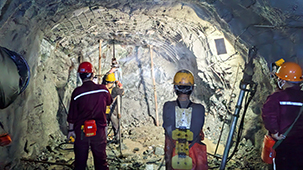
- How Self-Drilling Rock Bolts Enhance Tunnel Support in Fractured Rock?
- Time:2025-08-15From:This Site
- Discover how self-drilling rock bolts enhance tunnel support in fractured rock. Learn their benefits, installation steps, and real-world applications for safe, efficient tunneling.
- View details
-
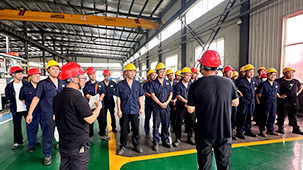
- Sinorock 2025 Quality Month | Strengthening Quality Foundations, Empowering Product Excellence
- Time:2025-08-13From:This Site
- Sinorock’s 2025 Quality Month, themed “Strengthening Quality Foundations, Empowering Product Excellence,” successfully concluded, reinforcing our commitment to superior product quality.
- View details
-
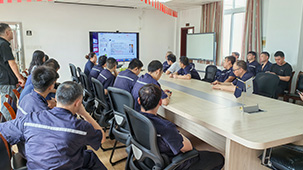
- Sinorock Safety Month 2025 | Everyone Speaks Safety, Everyone Can Respond
- Time:2025-07-03From:This Site
- Sinorock Safety Month 2025, centered on the theme "Everyone Speaks Safety, Everyone Can Respond - Spot Workplace Hazards," has wrapped up successfully!
- View details
-
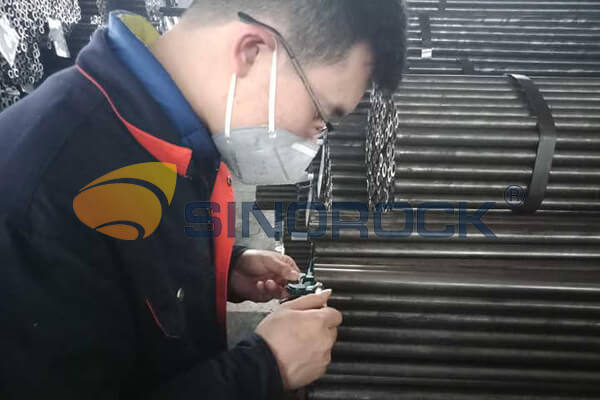
- Quality Control: the Vital Factor of A SDA Bolt Factory
- Time:2025-01-09From:This Site
- Sinorock’s comprehensive quality control system, from supplier management to outgoing inspections, ensuring the highest standards for self-drilling anchor bolts in construction.
- View details
-
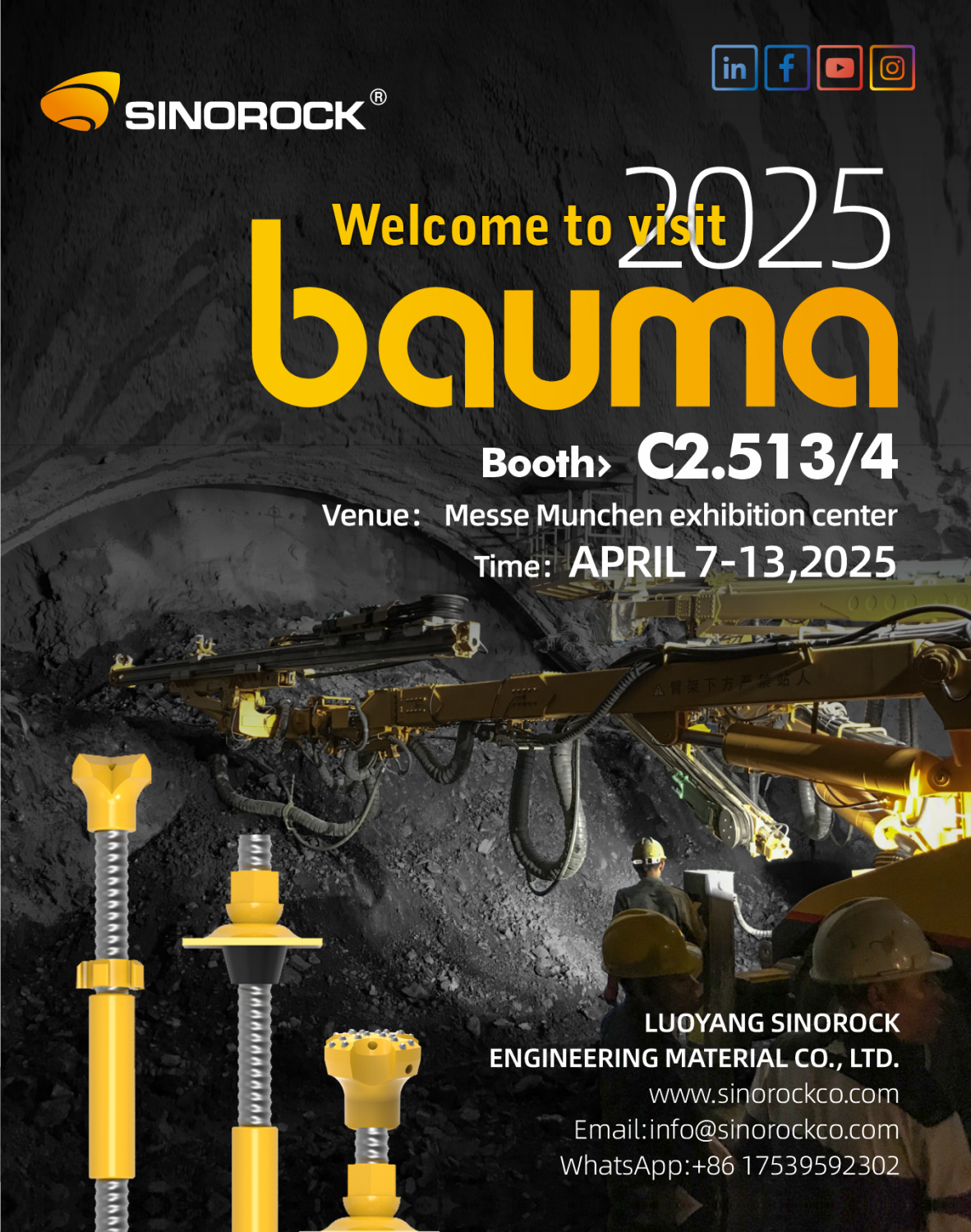
- Sinorock Invites You to Explore Proven Self-Drilling Anchor Bolt Solutions at bauma 2025
- Time:2025-03-07From:This Site
- From April 7–13, 2025, explore Sinorock’s Self-drilling anchor bolt solution at Booth C2.513/4 in Hall C2 of the Messe München Exhibition Center (Munich, Germany).
- View details
-
.jpg)
- SINOROCK to Attend EXPOMINA PERÚ 2024 in Lima, Peru
- Time:2024-08-10From:This Site
- Sinorock to Attend EXPOMINA PERÚ 2024 in Lima, Peru
- View details
-
.jpg)
- SINOROCK to Participate in MINING AND METALS CENTRAL ASIA 2024
- Time:2024-08-08From:This Site
- SINOROCK to Participate in MINING AND METALS CENTRAL ASIA 2024
- View details
 Download
Download 


